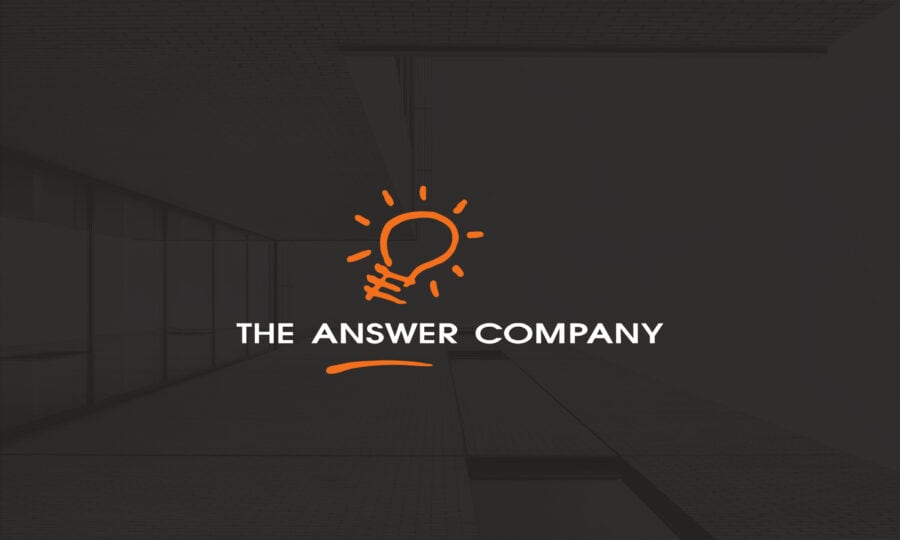5 Tips on Migration or Upgrade of ERP System
Companies currently using ERP systems may find that the time has come to upgrade, or migrate, to a new solution. Although the reasons behind a decision to migrate to new ERP software can vary, what remains is that a new solution is in order and soon will be the backbone behind the company’s business processes.
To help de-mystify some of the components of an ERP migration, here are the top 5 migration tips for businesses thinking about upgrading to a new solution.
1. Beware of Customization – Past, Present, and Future
Customizations can be risky and costly endeavors that can remove the software solution from its update path, rendering it faulty, dated, and sometimes ineffective. In fact, many migration decisions happen because the existing system has been customized to the point where it cannot be supported, fixed, and improved.
This is a good time to re-examine customized applications and reports, and look for proven and tested functionality within new systems as a replacement. Customized reports and analytics can be created with ease in modern systems, so communicate these needs to your business partner.
2. Dig Deep and Learn About New Features and Functionality
ERP deployment methods, accessibility, scalability, features and functionality, have improved drastically in recent years. It’s crucial that companies looking at new systems invest time to learn about what is new in modern ERP systems, new technologies and functionality that can benefit your business. Your company isn’t the same as it was when you first implemented an ERP solution, so odds are that your ERP solution won’t be the same either.
3. The Trouble with Data Migration, Conversion, and Integrity
One of the biggest challenges and cost drivers for an ERP upgrade or migration is data conversion. Data (i.e. – manufacturing or production data) from the existing system needs to be cleaned up and organized to ensure its integrity in the new solution.
With preconfigured utilities and tools, this is simplified. It’s important to pick a business partner and consultant(s) with experience doing this as they will be instrumental in ensuring that the data is transferred without issues.
4. Manage Your Costs Wisely
From customizations, converting data and reports, finding appropriate modules, implementing the solution and training staff on a new system – costs will incur. To curb these, ERP providers like Sage have incentive offers for current Sage users to stick around in the Sage ERP family. The Sage Investment Protection Plan offers credits to those migrating to more modern Sage ERP solutions, and can be an advantage in getting the solution you want.
Independent of promotions, staying on budget will be contingent on the business partner or vendor you choose and their ability to manage the project. Make sure to inquire about Cloud hosting for ERP solutions and subscription based pricing, as there may be a better payment structure for the needs of your business.
5. End User Training for the New ERP System
With a new ERP system comes new features, displays, dashboards, and functionality. Having experience with an existing system is a huge advantage but will not be enough to get the most value out of the new ERP solution. For that, it will be important for the end users to both receive training and be part of the upgrading process.
By serving as the point-people throughout the process, including data migration and validation, users will begin to understand how the new system works. For example, the sales manager will know the data within the CRM, a human resources employee will be familiar with how the data is inputted and presented within the HR application. By being part of the migration process, they can see how the existing data translates to the new system, and get an intrinsic feeling for how the system works.
Enjoy the Fresh Start
An ERP upgrade can be stressful, but it can also be an opportunity for enjoyment and improvement. As a business, you will already have gone through the process of selecting and implementing business management software or ERP before, and undoubtedly will have thing you want to do differently the second time around.
For some, this will be a much desired and rare chance at a fresh start. So enjoy it! Be up front with your business partner and consultants about your experience the first time around and how you hope this time will be different. You can apply your experience to avoid headaches of the past and present, not only with the new solution, but with the entire selection, implementation, support, and end user training processes. Don’t worry, with the right business partner, this will be much easier than the first time around.
